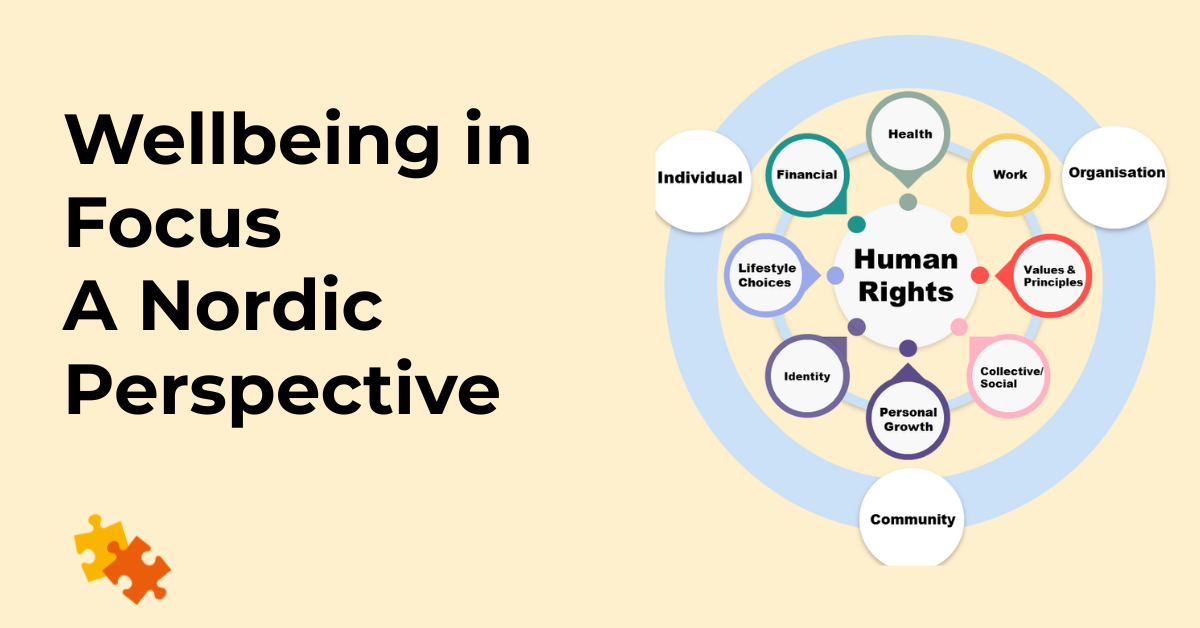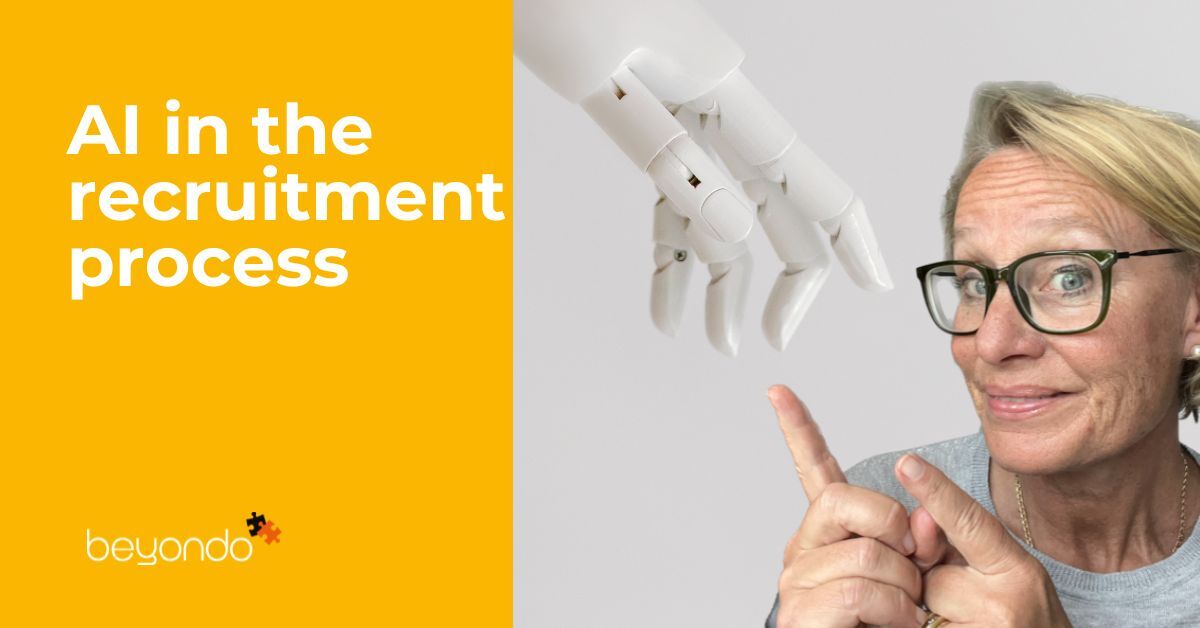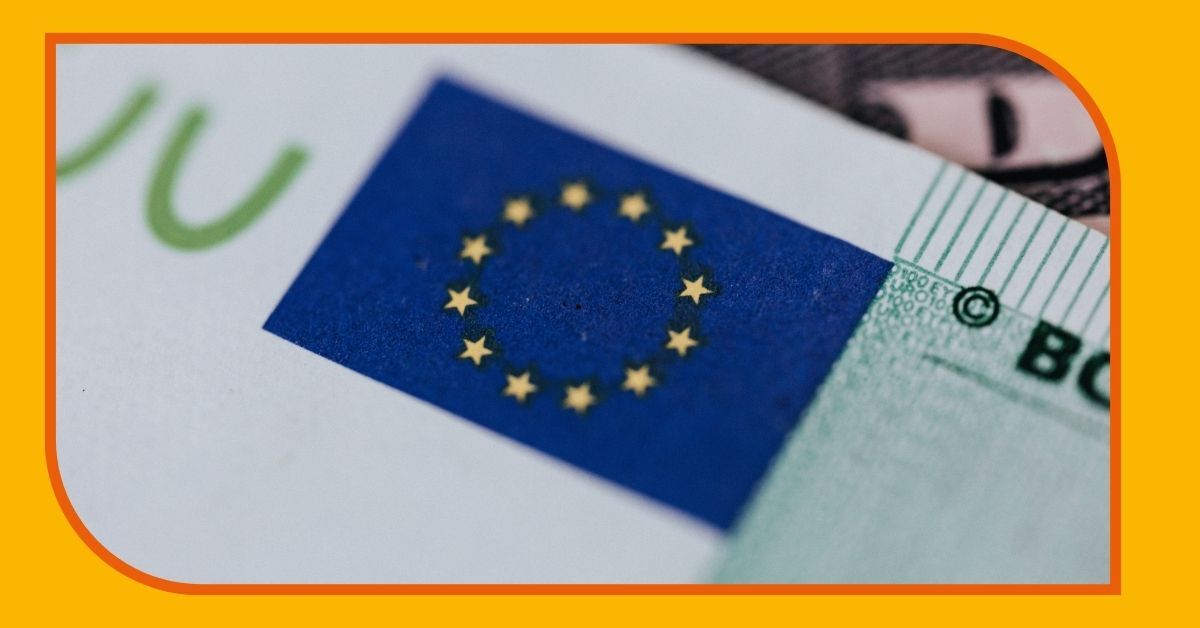In collaboration with International SOS,this blog post explores how companies can support their employees in a world where mental health challenges are increasingly shaped by global and local pressures. Economic uncertainty, geopolitical conflicts, and our 24/7 exposure to information have created a constant state of vigilance (Gomez Mojica et al, 2024). While greater awareness and education have made it easier for people to name and discuss their struggles, these structural and societal pressures mean many individuals are facing more mental health challenges than ever before. People are not only dealing with the turbulence of the wider world but also navigating stressors in their personal lives and workplaces. Together, this creates a fertile ground for rising stress, anxiety, and burnout.
Unrecognised Example: The Nordics:
The Nordics are often considered global leaders in social support systems and workplace protections, yet, unfortunately, at a closer look the data paints a concerning picture. A 2024 survey conducted by If Insurance of over 4,000 Nordic residents found that 88% reported experiencing negative stress (up from 84% in 2023), and more than half had been experiencing it for at least six months, a sharp increase from the previous year. Key stress triggers included personal problems (29%), work-life imbalance (27%), and financial concerns (22%). Despite this, only 21% of respondents felt adequately supported by their employer, even though 51% said stress had negatively impacted their ability to work.
In Sweden, nearly one-third of the population reports symptoms of burnout, depression, or anxiety, and in 2024, over 1.2 million people were prescribed antidepressants. This is an all-time high (Swedish National Board of Health and Welfare, 2024). Research also highlights that the Nordics remain among the top ten global regions for workplace harassment, especially psychological harassment (If Insurance, 2024). These figures highlight the disconnect between what the majority of the world considers to be a “happy society” and the lived experience of many individuals.
What Individuals Can Do
While systematic changes are crucial, individuals can take proactive steps to safeguard their mental health. Employed professionals can benefit from setting clear boundaries around working hours, building recovery time into daily routines, and learning to identify burnout warning signs such as poor sleep, emotional exhaustion, or reduced focus.
For unemployed or transitioning individuals, structured daily routines are essential, and dividing their life from their prospective work possibilities and their personal life is important, although sometimes difficult.
The three pillars of self-care, for both employed and unemployed/transitioning individuals, are:
- Enhancing skills (both transactional and non-transactional)
- Expanding knowledge (both professional and personal)
- Nurturing inner peace and happiness (through non-work-related activities)
These three pillars can help maintain stability. Reframing periods of transition as opportunities for personal and professional growth, rather than setbacks, fosters resilience and purpose in multiple areas of well-being.
It is also important to remember that relocation brings unique challenges. Whether it is moving from one city to another or moving to a whole new country, it can bring new challenges, especially for family members moving with us. When one partner moves for work and the other is left unemployed in a new environment, resentment, isolation, and mental health strain can emerge. Supporting the well-being of the entire family unit is therefore critical. This is therefore a role that both individuals and organisations need to support with.
How Organisations Can Play Their Part
Employers have both a responsibility and an opportunity to shape cultures that protect and enhance wellbeing. This is not only for their employees, but also for their families. The key to this, is allowing employees to speak up and raise their concerns with their direct managers, whether personal or professional. Creating psychologically safe workplaces, where people feel able to speak up, admit mistakes, and share ideas without fear (Timothy R Clark, 2020) has been proven to reduce burnout risk by up to 30%, increase productivity by 27%, and reduce absenteeism by as much as 45% (Wifitalents, 2023; Zipdo, 2023; MM Complete Wellbeing, 2024). It also improves retention and innovation. Yet, research suggests that only 30% of employees currently feel safe to voice their concerns (Gitnux, 2023).
Traditional well-being perks such as gym memberships or mindfulness apps often have very low uptake, with engagement rates reported as low as 1.8% (Wifitalents, 2023). Sustainable change comes from addressing the root causes of stress: workload distribution, leadership practices, autonomy, and cultural norms.
Several Nordic organisations are already piloting proactive approaches. For instance, Helsinki has introduced Work Ability Support Paths, which combine early detection of stress signals with managerial training and team climate monitoring. Some companies in Norway already conduct biweekly performance and well-being check-ins with employees, while other companies also track psychological safety metrics within team dashboards. These strategies shift wellbeing from being an individual responsibility to a collective organisational priority.
The Aquarium Analogy?
According to Dr William Tate, director of the Institute of Systemic Leadership, organisations often focus too narrowly on an individual's performance, while neglecting the environment that sustains them. This was coined as the 'Aquarium Analogy' or 'Cleaning the Fishtank'.
If one imagines employees as fish, and the organisation as the aquarium, and one fish in the tank becomes ill, treating it might offer a temporary fix, but if more begin to suffer, the problem isn’t the fish, it’s the aquarium. In organisations, the same principle applies: focusing on individual performance while neglecting the environment in which people operate will never lead to lasting improvements. A healthy workplace culture, just like clean, oxygenated water for fish, allows everyone to thrive. When leadership filters are effective, communication flows freely, and psychological safety is maintained at the right “temperature,” employees can perform at their best. True progress comes not from replacing or retraining individuals, but from creating the right conditions for everyone to flourish."

Welcome to read more here on the Aquarium analogy
International SOS & Beyondo: From Burnout to Resilience
At International SOS, in collaboration with Beyondo, we work with organisations to move beyond burnout, building cultures of psychological safety and resilience. Our solutions include:
- Workplace Wellbeing Assessments – Identifying the organisational health and wellbeing landscape, to understand the real stressors and develop actionable solutions in the areas that are really needed.
- Policy & Initiative Reviews – Ensuring policies on leave, flexible work, inclusion, mental health and wellbeing, and relocation support promote the right support for employees and their families to thrive.
- Educational Trainings – Equipping managers and employees with tools to foster psychological safety, spot early warning signs, support their own mental health and support other people to lead proactively.
- Crisis Preparedness & Family Support – Helping organisations prepare for emergencies, enabling leaders to support their teams before, during and after a crisis, prioritising mental health and resilience for effective business stability and continuity.
Final Thought
The Nordic example illustrates a wider global truth: resilience is no longer just about%20logo%20international%20sos.png?width=389&height=259&name=INTERN_1%20(1)%20logo%20international%20sos.png) individual strength but about how organisations and societies adapt to mounting pressures. By encouraging individuals to anchor themselves in routines and values, and by reshaping organisations to embed psychological safety and proactive wellbeing practices, we can move beyond burnout to healthier, more resilient communities. With International SOS and Beyondo, organisations can take meaningful steps to ensure employees and their families thrive in today’s volatile and demanding world.
individual strength but about how organisations and societies adapt to mounting pressures. By encouraging individuals to anchor themselves in routines and values, and by reshaping organisations to embed psychological safety and proactive wellbeing practices, we can move beyond burnout to healthier, more resilient communities. With International SOS and Beyondo, organisations can take meaningful steps to ensure employees and their families thrive in today’s volatile and demanding world.
References
- If Insurance. (2024). Nordic Health Report 2024.
-
Swedish National Board of Health and Welfare. (2024). Prescriptions and mental health statistics.
-
Wifitalents. (2023). Psychological safety and workplace wellbeing report.
-
Zipdo. (2023). Psychological safety statistics.
-
MM Complete Wellbeing. (2024). The ROI of psychological safety in high-pressure workplaces.
- Gitnux. (2023). Employee psychological safety survey.


